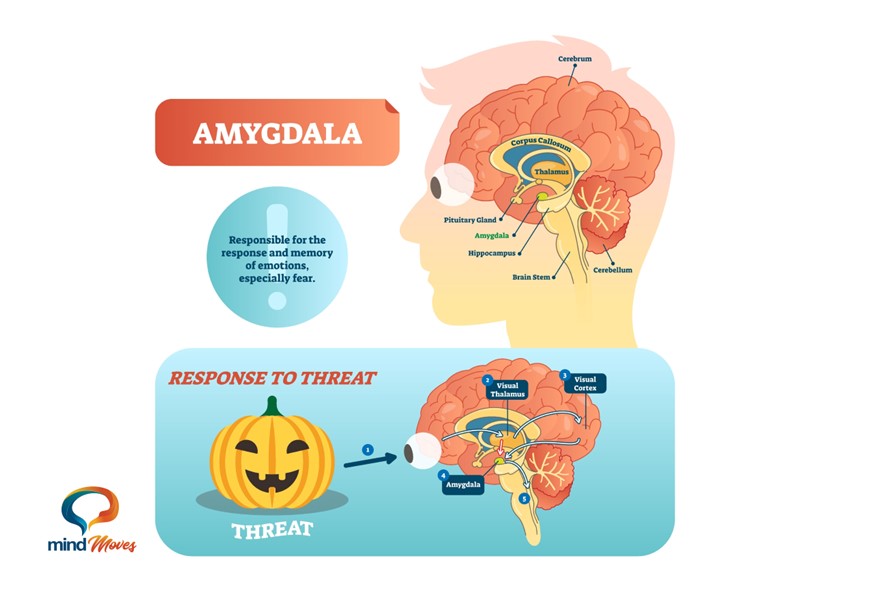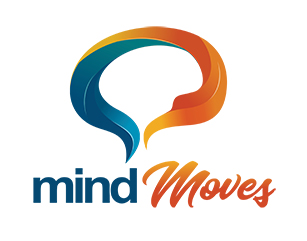How often do you experience an amygdala hijack?

When did your amygdala last hijack your brain? You know, when you get in that stress or adrenaline response, and you feel hyper?
There’s been plenty of reasons to feel stressed over the last few months. The news on the TV and radio isn’t usually uplifting. The impact of the weather when the ground is already sodden, losses of life … it goes on. In Whangarei we’ve had five tragic losses within a short space of time, plus there’s devastating fire in Wellington this week. Too much. This is a lot for our brains and bodies to cope with. Sometimes events like these can create a stress response within us, right?
Did you know … when we’re in an adrenalin response, or an amygdala hijack, the neo cortex, or the thinking, planning, rationalising and logical-ing part of your brain doesn’t function at it’s optimum? Our stress response causes blood to be redirected from our brain to our large muscle groups to prepare for the danger, to fight, flee or freeze. This leaves our beautiful brain doing the best it can, in a perceived threatening situation.
Our amygdala is our alarm system, and her job is to keep us safe at all costs. She remembers ALL the dangerous and potentially threatening experiences we’ve had. She keeps alert through our senses (visual, auditory, kinesthetic/touch, olfactory/smell, and gustatory/taste) for triggers or warning signs of anything dangerous to us. She’s a grand master at her job as she remembers the events, and, the emotions we went through at these times. Regardless of the event, if we we perceived it as dangerous or life-threatening, she remembers.
So, what to do? First be aware when we’re being hijacked and recognise our own stress-symptoms. You know our modern day lives have stresses and pressures where we may feel overloaded. We may have conditioned or habituated ourselves to think of these events as stressful, when really, they may not be. You know, like receiving an email with capital letters in the subject line. Or having one of our colleagues or team members phone in sick for the day. Or having to change our plans for the day due to a temporary power outage. AAARGH!!
These and other circumstances may cause us to feel stressed. We might find ourselves experiencing shortness of breath, a racing heart, a fluttery or watery tummy, our speech speeding up or faultering, or a combination of these. Interestingly, these stress symptoms are the same symptoms for excitement – ever thought about that? Getting excited to participate in a sports game, or go out somewhere? The physiology is the same, it’s just the thinking or perceiving of the event is different.
When the amygdala is involved, it’s the fight, flee or freeze response or triple-F – it’s the 111 call for your body to be on alert. Recognising when we’re being hijacked is the first step. Sometimes we’re so involved in the stress reaction, we don’t recognise we’re in it! Once we’re aware, I can make a conscious effort by using my body to tell my amygdala that I’m okay. The most common ways I’ve heard from my workshops participants is to go for a walk and getting a coffee or some fresh air, or, focus on your breath. Breathwork is your body’s way of saying to your brain, I’m okay. I’ve got this. We’re safe. Breath in through the nose, out through the mouth and even it up by breathing in for the same count as you breathe out … In 1-2-3-4-5 out 1-2-3-4-5 …
What strategies do you have to respond to an amygdala hijack? If you’d like to add loads more to your skills toolbox to help you to help others, reach out as our one-day Resilience workshop is available as a public or in-house workshop.
